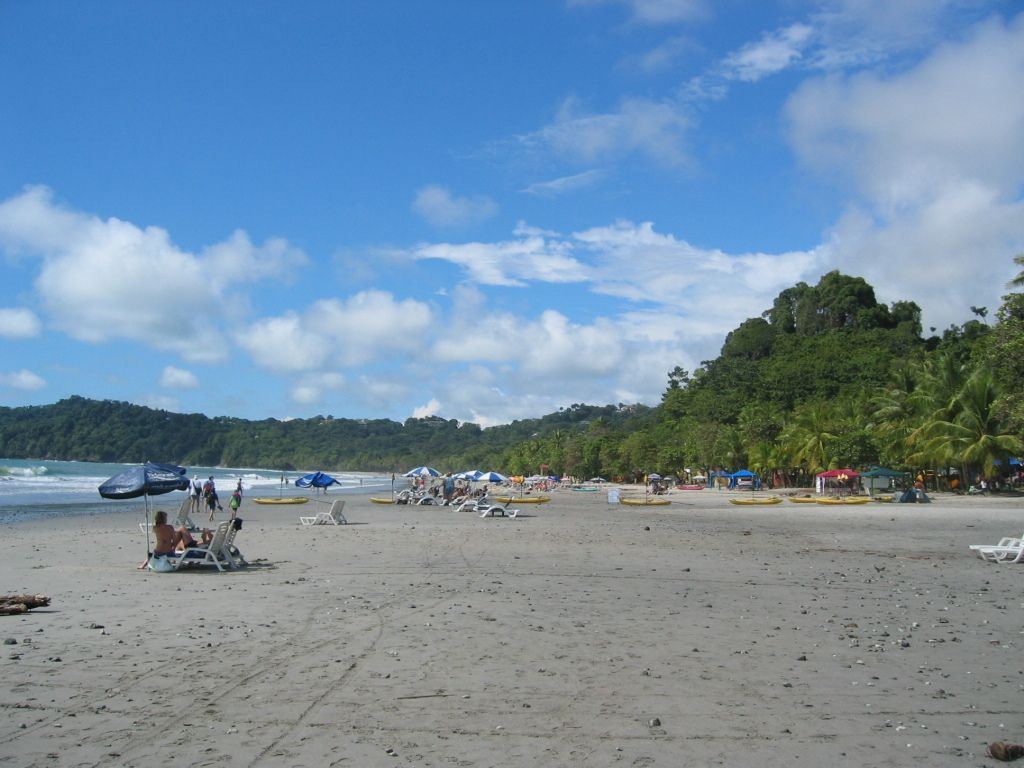Inadequate EU Ocean Agreement Fails to Address Urgent Marine Conservation Demands, According to NGOs
The European Union aims to lead marine protection, shaking things up before the United Nations Oceans Conference next week. The European Commission presented its plan, dubbed the European Ocean Pact, to better safeguard oceans on Thursday. This robust roadmap primarily focuses on protecting the ocean, boosting a 'blue economy,' and supporting coastal communities.
While the plan groups EU ocean policies under one roof to tackle the massive threats to the bloc's oceans, critics aren't impressed. Environmental groups see it as a "lackluster" plan that fails to deliver urgent action and binding targets, putting Europe's seas at risk.
The joint statement, signed by six leading environmental NGOs, points out the Pact's weaknesses, including the absence of immediate implementation of existing obligations and the need for legally binding targets. Oceana's deputy vice-president, Vera Coelho, calls it a missed opportunity for the EU, stating that the Pact continues the "same failed, case-by-case approach" that has allowed destructive practices like bottom trawling to persist in “protected” areas.
The NGOs urge EU institutions and member states to bolster the pact with concrete measures, making ocean protection the cornerstone of ocean-related EU laws. They also criticize the Pact for lacking a concrete plan for enforcing ocean laws and combating the continued breaches of EU laws, such as bottom trawling in Marine Protected Areas and overfishing in EU waters.
Insights:
- Environmental NGOs have expressed concerns over the Pact's lack of detail, specificity, and funding commitments for marine protection.
- Critics argue that the Pact fails to take a firm stance against destructive activities like bottom trawling in Marine Protected Areas, overfishing, and microplastic pollution.
- The absence of the 2023 Marine Action Plan in the Pact has raised worries that previous commitments to align fisheries and marine protection may not be upheld.
[1] https://europa.eu/!nEZQWJ
[2] https://fisheries replied to Your Request My Dear
[3] https://seas-at-risk.org/actions-campaigns/white-paper-compare-eu-marine-legislation/
[4] https://oceanapact.eu/wp-content/uploads/2021/12/Ocean-Pact-factsheet.pdf
[5] https://www.wWF.eu/press-release/ocean-pact-delivers-too-little-too-late-for-oceans-and-the-blue-economy
- The European Ocean Pact, criticized by environmental groups, is seen as a 'lackluster' plan that falls short in delivering urgent action and binding targets, potentially endangering Europe's seas, as demonstrated by the joint statement from six leading NGOs.
- The absence of immediate implementation of existing obligations and the lack of legally binding targets are among the weaknesses pointed out in the European Ocean Pact by these NGOs, who urge for the pact to be strengthened with concrete measures to make ocean protection the cornerstone of ocean-related EU laws.
- The NGOs are also concerned about the Pact's failure to address concrete enforcement mechanisms for ocean laws, such as combating bottom trawling in Marine Protected Areas and overfishing in EU waters, which are seen as significant loopholes in the policy-and-legislation landscape of marine protection.








